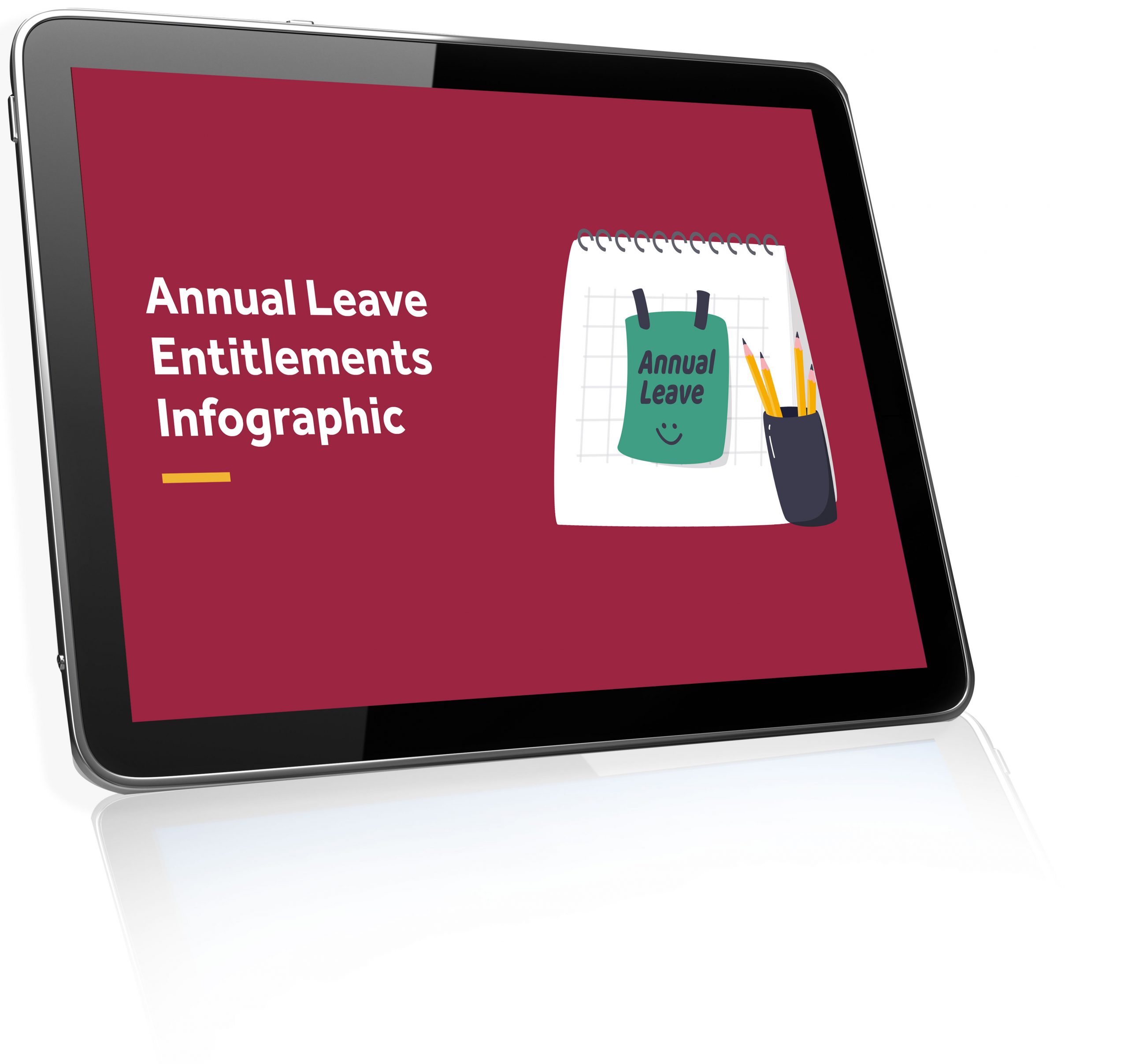
From November, small businesses experience the busiest period in terms of consumer traffic, dining, and shopping. But with the cost-of-living crisis looming large, what does it mean? And how can businesses prepare for the holidays?
Holiday Trends
A trend we see emerging in retail and holiday spending is Black Friday. The American phenomenon is becoming mainstream in New Zealand with more consumers looking to purchase during this period rather than Boxing Day. There is also an emergence of ‘Black Week’ with businesses offering discounts and benefits from Black Friday to Cyber Monday.
A recent report has revealed that despite the cost-of-living crisis, New Zealanders planned to spend 10% more on Black Friday than last year. Consumers are facing inflation pressures of their own with cost-of-living rising rapidly which will lead to them cutting down on discretionary spending and opting for practical gifts. There is a sense of consumers coming full circle with a shift towards conscious spending and purchasing decisions becoming less impulsive. Consumers are looking to spend money on locally made, thoughtful gifts and giving back to their community.
Small businesses are also struggling with rising costs and some aren’t even sure if they’re going to make it through the next year.
The holiday season can be challenging and complicated with managing peak season rush or a lull in your business, depending on your industry. You must also manage employee leave and understand public holiday entitlements. As a business owner, you need to start preparing for the holidays.
Schedule holidays
Ideally you should determine your annual holiday shutdown period or operating hours in June-July. This gives you enough time to plan and schedule holidays, so you have adequate staff available. Before you schedule holidays or operating hours, there are few questions to consider:
Will your business be open on all days (25th December 26th December, etc)
Do you plan to be open for longer than usual?
Are you planning to close your business during the holidays?
Will you operate on reduced hours or capacity?
Do you need additional staff or casuals?
Ensure your staff is across holiday operations and hours and explain your expectations of them during the holiday season. You also need to be aware of public holidays and your obligations as a business owner.
Strategize customer engagement
For many businesses such as retail and hospitality, the holiday season is one of robust sales, peak traffic, and busy staff schedules. But small businesses are now competing in a highly fragmented market for both consumers and employees. How can you optimize sales? A tip is to strategize customer engagement using all the tools available to you.
Offer sales and discounts
Consider offering clients and loyal customers perks
You can host a giveaway or promotion
Offer seasonal discounts or gifts with each purchase
Donate a portion of each purchase to sales and encourage customers to donate
A networking event that customers, clients, and target audiences can attend

Annual Leave Entitlements
When it comes to annual holidays, do know your obligations as an employer?
